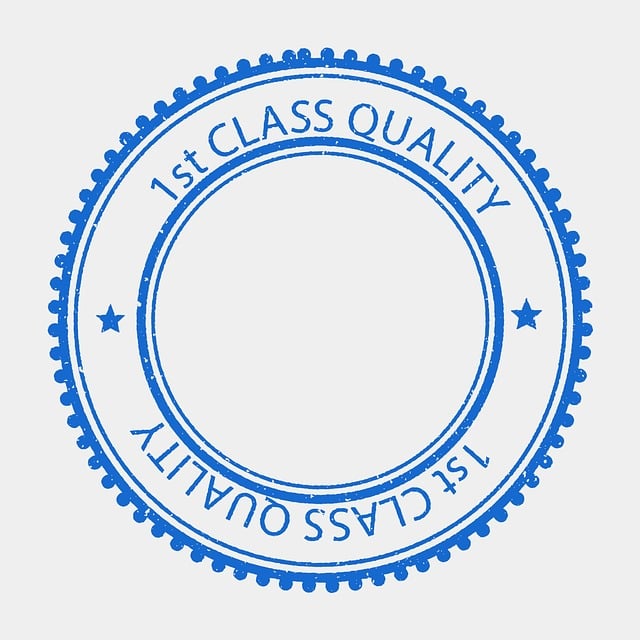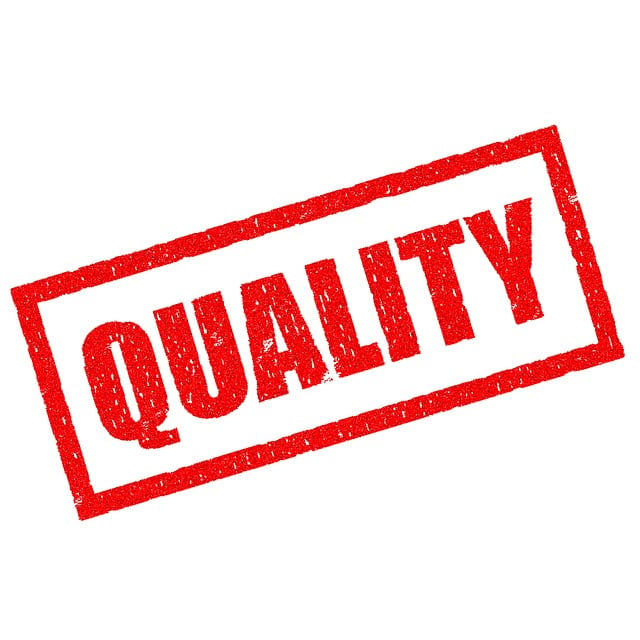Evaluating technical proficiency for complex repairs involves practical assessments and examining licensing certifications. These credentials validate skills, knowledge, experience, and adherence to industry standards, fostering trust in technicians' ability to handle intricate tasks across diverse technologies. Past experiences and up-to-date certifications demonstrate readiness and adaptability to new technologies crucial for today's fast-evolving landscape.
When assessing a technician’s ability to handle complex repairs, several key factors come into play. Begin by evaluating their technical proficiency levels, as these directly impact problem-solving capabilities. Verify the presence of relevant licensing and certifications, which ensure expertise and adherence to industry standards. Assess their problem-solving approaches, favoring creative and systematic thinkers. Prioritize candidates with proven experience in complex repairs, showcasing their ability to navigate challenging scenarios. Lastly, consider adaptability to new technologies, as continuous learning is vital in a dynamic field.
- Evaluate Technical Proficiency Levels
- Verify Relevant Licensing and Certifications
- Assess Problem-Solving Approaches
- Consider Previous Experience with Complex Repairs
- Measure Adaptability to New Technologies
Evaluate Technical Proficiency Levels

Evaluating technical proficiency levels is a critical step in assessing a technician’s capability to handle complex repairs. This involves scrutinizing their skills, knowledge, and experience in specific areas relevant to the task at hand. One effective method is through practical assessments or simulations that replicate real-world scenarios. By observing how they diagnose issues, select appropriate tools, and execute solutions, you gain valuable insights into their technical acumen.
Licensing certifications play a significant role in this process as they serve as external validations of a technician’s competence. Relevant industry certifications demonstrate a deep understanding of complex systems, adherence to safety standards, and ongoing professional development. When combined with practical experience, these credentials provide strong indicators of an individual’s ability to tackle intricate repairs across diverse technologies.
Verify Relevant Licensing and Certifications

Before engaging any technician or contractor for complex repairs, verifying their relevant licensing and certifications is a crucial step. This ensures that the individual or company has met industry standards and possesses the necessary expertise to handle the specific repair tasks at hand. Licensing and certifications act as a form of quality assurance, providing assurance that the service provider adheres to safety protocols, technical competency requirements, and ethical practices within their trade.
By checking these credentials, you gain valuable insights into their training, experience, and ongoing professional development. Reputable technicians will often display these licenses and certificates prominently on their websites or communication materials. This transparency allows clients to make informed decisions, fostering trust and peace of mind when tackling intricate repair projects that demand precision, safety, and reliability.
Assess Problem-Solving Approaches

When assessing a candidate’s ability to handle complex repairs, it’s crucial to evaluate their problem-solving approaches. Look for individuals who demonstrate critical thinking and adaptability in tackling intricate issues. One way to gauge this is through practical assessments that simulate real-world scenarios. Observe how they break down complex problems, identify root causes, and devise creative solutions.
Furthermore, consider the candidate’s possession of relevant licensing certifications. Many industries require specific licenses for handling complex repairs due to safety and expertise standards. A well-qualified candidate should not only possess these certifications but also display a strong understanding of the underlying principles and best practices associated with them.
Consider Previous Experience with Complex Repairs

When assessing your ability to handle complex repairs, it’s crucial to look back at your past experiences. Any previous work on intricate systems or unique challenges can serve as valuable indicators of your skills and readiness. Consider projects where you’ve successfully navigated complex repairs, highlighting your problem-solving approach, adaptability, and the specific tools or techniques employed.
Your licensing certifications also play a significant role in demonstrating your competence. Relevant industry credentials attest to your knowledge and mastery of certain tasks. Ensure that these certifications are up-to-date and aligned with the types of complex repairs you aim to tackle, providing concrete evidence of your capability to handle demanding situations.
Measure Adaptability to New Technologies

Measuring adaptability to new technologies is a crucial aspect of assessing one’s ability to handle complex repairs in today’s rapidly evolving world. With advancements in technology, various tools and techniques emerge, requiring professionals to stay updated and flexible. This involves evaluating an individual’s willingness and capability to learn and implement new software, machinery, or methodologies. Possessing relevant licensing certifications can be a strong indicator of adaptability; these certifications often require staying abreast of industry trends and acquiring the latest skills, demonstrating a commitment to professional development.
To gauge this skill effectively, potential employers or evaluators can create scenarios that mimic real-world challenges, where candidates must demonstrate their ability to embrace new technologies. This might include presenting them with cutting-edge repair techniques, innovative diagnostic tools, or even experimental equipment, and observing how they respond, adapt, and incorporate these into their work processes.














